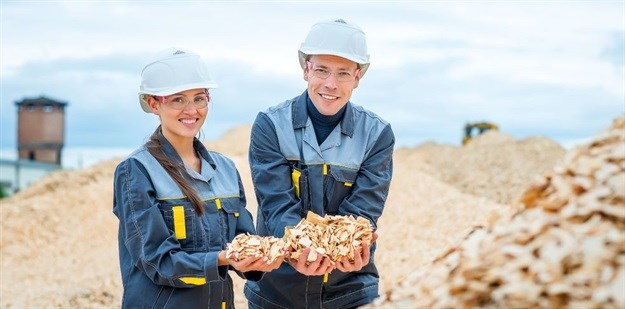
Top stories






More news


Marketing & Media
Ads are coming to AI. Does that really have to be such a bad thing?














For the eighth year running, Pamsa is reaching out to post-graduate chemical engineering students who wish to pursue research in novel processing technologies that would position the pulp and paper sector as a leader in the beneficiation of wood-based products.
Each bursary is valued at R100,000 per year for two years full-time study for M.Eng. degree at participating universities.
“The focus of our student research programmes has been on improving the use of renewable resources such as wood, recycled paper, forest residues and mill waste streams,” explains Jane Molony, Pamsa executive director and president of the International Council of Forest and Paper Associations (ICFPA).
“As the world grapples with the problem of plastic in its rivers and oceans, our industry is presented with the opportunity to step forward with sustainable, renewable and biodegradable solutions through the use of commercially farmed trees as well as pulp and paper.
“The pulp and paper sector both locally and globally is making inroads around low-carbon solutions in a world that relies heavily on fossil-fuel based materials and processes.”
Due to the number of processes in any pulp and paper mill – from evaporation to hydrolysis, from chemical recovery to dewatering – there are also a number of research opportunities to examine the biorefinery capabilities of such mills. “A number of our members have invested in extractive and recovery technologies at pilot and industrial scale,” Molony says.
The range of research topics is extensive and could entail the development of bio-plastics, low-cost extraction of high value bio-chemicals from wood, mill waste streams and recycled paper fibre, or improving the water and energy footprints of pulp and paper mills.
The sector employs around 150,000 people through forestry, papermaking and paper recycling. “Socio-economic potential of the sector’s contribution to the bio-economy is significant.”
Over the past eight years, the programme has facilitated bursaries for 45 Masters and PhD students around the country, many of whom have gone on to pursue careers in the pulp and paper industry.
Online applications are open on www.thepaperstory.co.za. The deadline is Friday, 25 May 2018.